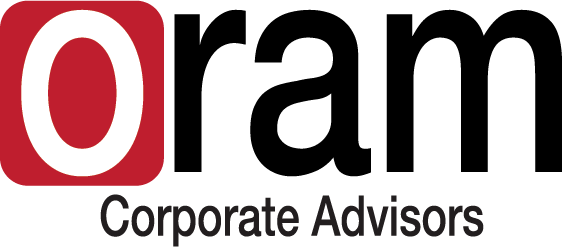 These days, most of us carry a mobile device of some kind — everywhere we go. Our devices often serve as a lifeline to work, friends, shopping, school and even family. Would you be lost if your smartphone, laptop, or tablet went missing, got broken or was stolen?
These days, most of us carry a mobile device of some kind — everywhere we go. Our devices often serve as a lifeline to work, friends, shopping, school and even family. Would you be lost if your smartphone, laptop, or tablet went missing, got broken or was stolen?
Unfortunately, more thieves are targeting expensive personal mobile devices for theft. Not only is the device valuable, but a savvy hacker can access your personal information – email, bank accounts, online shopping transactions, and more – to steal your identity and your money. The risk can be even greater to business and organizations that allow their employees to work remotely — theft can lead to expensive data loss, asset theft and worse.
That’s why it’s so important to protect yourself by taking the following steps to stay ahead of hackers! Here are the four things you should do to protect yourself in case your mobile device gets broken or goes missing. (There’s also a special bonus tip for business leaders at the end of the list.)
Tip #1: Change your passwords regularly. This might seem obvious, but consider: It’s likely that your laptop, tablet or phone automatically “remembers” your passwords and logs into your most used accounts. Be sure to set strong passwords to limit the damage, and use a different password for each account. If your device is lost or stolen, immediately change all of your account passwords.
Tip #2: Enable a two-step authentication process for your most sensitive accounts. Add an extra layer of password protection by requiring a notification be sent to your smartphone or laptop, and a second password be entered every time your account is accessed from a different device.
Tip #3: Use tracking programs and software to keep track of your mobile devices. Did you know that you can remotely monitor everything someone does while using your computer? There are software programs you can download and install to track your device through the Wi-Fi networks it uses, and can log activity such as keystrokes, use the webcam, and even delete or retrieve files.
Tip #4: Back up all of your information. Does your organization use cloud service for file storage? If so, you may already have the advantage of an additional layer of protection because your data can be retrieved from the cloud if you lose your hardware. You can also back up your data on an external hard drive.
Bonus Tip: Set company policies that protect sensitive data. Are your employees accessing the company email system or other files from a smartphone, personal laptop or tablet? You can protect sensitive data by limiting the access, based on the needs of your organization.
Have any questions? Please let us know! We’re proud to share our tech expertise and years of experience in helping customers make great decisions. We invite you to get in touch!

 Are you up-to-date on the new tech laws taking effect in 2015?
Are you up-to-date on the new tech laws taking effect in 2015? Happy New Year from all of us at Oram Corporate Advisors!
Happy New Year from all of us at Oram Corporate Advisors!